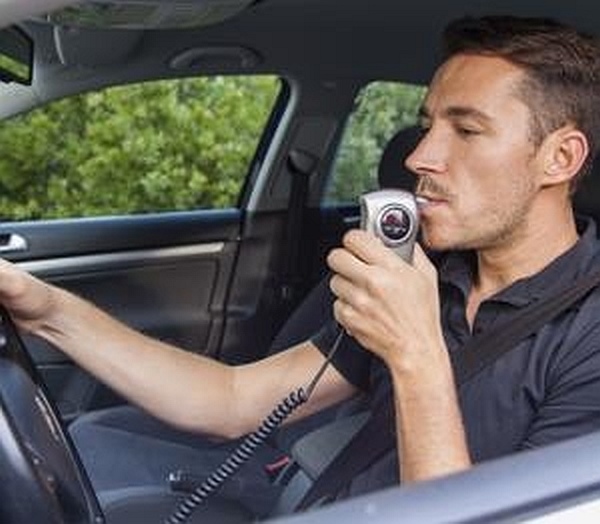Hiring an experienced DUI defense attorney isn’t just important because the lawyer knows the law. Your attorney should also have a thorough understanding of the various rules that govern court proceedings. This includes the rules of evidence. These rules exist to ensure fairness, trustworthiness, relevance, and other key values.
While it is impossible to cover everything about the rules here, we can explain some of the basics. That way you understand the legal process better and understand what to expect of your Indianapolis DUI defense lawyer.
If you are facing DUI charges, contact Rathburn Law Office P.C. today.
What Are the Rules of Evidence and Why Do We Have Them?
As stated at the beginning of the evidence rules: “These rules should be construed so as to administer every proceeding fairly, eliminate unjustifiable expense and delay, and promote the development of evidence law, to the end of ascertaining the truth and securing a just determination.”
Without rules of evidence, there would be no reliable way to separate fact from fiction. Someone could repeat something allegedly stated by someone else with no way to verify it. Irrelevant evidence having nothing to do with core issues in the case could be introduced.
Trials would be delayed because of all the evidence brought in, much of which would likely be of little value. Truth would be difficult to ascertain, and verdicts would therefore be unreliable.
For these and other reasons, the rules exist. But everyone who argues before the judge is expected to know these rules. This applies to DUI defendants as well. For that reason, if you’re facing DUI charges, you want an Indianapolis DUI defense lawyer who knows the evidence rules.
What Are Some Rules That Might Be Relevant in My DUI Case?
Every criminal proceeding against a DUI defendant is different. An experienced Indianapolis DUI attorney will have a grasp of the rules and know when they are implicated. Nonetheless, these are a few rules that could come up in your DUI case that you should understand.
Hearsay
Hearsay is an out-of-court statement offered to prove the truth of whatever it asserts. When someone offers hearsay evidence they usually do so intending that whatever is stated is true. But this is problematic.
Say that a police officer testifies: “Mary [a bartender] told me she observed the defendant stumbling before entering his vehicle.” But Mary is not in court, which means this is an out-of-court statement and therefore hearsay.
The problem is that if the person being quoted is not there, it’s not possible to establish credibility. Mary should be there to testify as to what she saw, so she can be cross-examined by the defendant’s attorney.
Hearsay evidence is therefore generally inadmissible. But there are numerous exceptions and your attorney will be prepared to address them as needed.
Personal Knowledge
A witness can only testify about something if he or she has personal knowledge of the matter. Evidence must be introduced to show this. If the police officer asserts something and it’s clear he or she lacks personal knowledge of it, your lawyer may object.
But the state can object to your testimony if it believes the same applies. To prevent this, your attorney can introduce evidence concerning your personal knowledge of the matter. Then, you can testify about it.
Relevance
As a fundamental rule, evidence introduced in court must be relevant to the facts in issue. That means with respect to a DUI case, the evidence must concern the charges against the suspect. Irrelevant evidence is not admissible.
To determine if evidence is admissible, the following must be shown.
- The evidence tends to make a fact more or less probable than it would be without the evidence; and
- The fact is of consequence in determining the action (in this case, the guilt or innocence of the DUI suspect).
Relevant evidence is admissible unless any of the following provide otherwise:
- The United States Constitution
- The Indiana constitution
- A statute not in conflict with the rules of evidence
- The rules of evidence
- Other rules applicable in the courts of Indiana
Advocating for Your Rights in the Criminal Court System
There are many more rules of evidence, and plenty of court decisions interpreting them. Remember, if you represent yourself in your DUI case, you will be expected to know these rules inside and out. Failure to do so could allow inadmissible evidence against you in, or your admissible evidence to be excluded.
Don’t put yourself in this situation. Hire a seasoned Indianapolis DUI lawyer to fight for your rights in court. Call Rathburn Law Office P.C. today.










